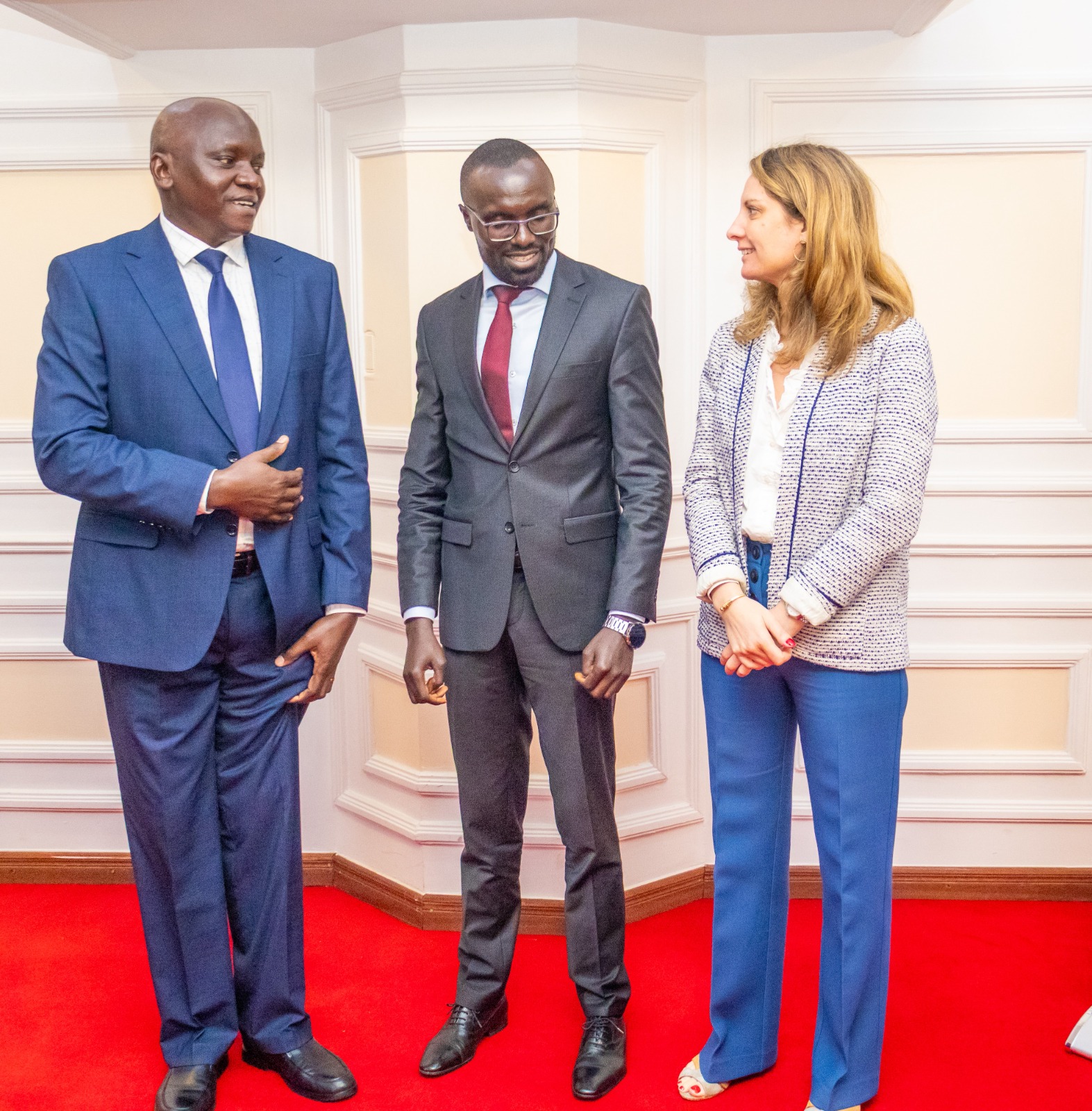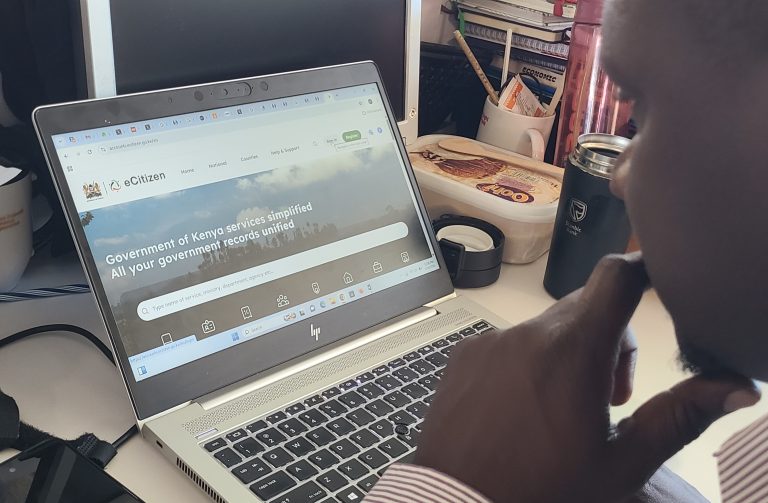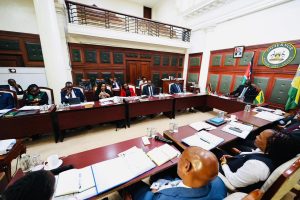The government has announced a massive planned overhaul of the water infrastructure in Nairobi that will impact more than 200,000 residents and businesses across Nairobi’s Central Business District (CBD) and surrounding areas.
This follows the launch of a Sh1.6 billion water network rehabilitation project by the Athi Water Works Development Agency (AWWDA) a joint project between Kenya and France.
The initiative, financed in partnership with the French Development Agency (AFD), will overhaul sections of the city’s ageing water distribution network to curb leakages, modernise infrastructure and improve efficiency in high-demand zones, including the CBD, Industrial Area, Pumwani, Starehe, Jogoo Road and Ngara.
Covering approximately 97.5 kilometres of pipeline, the project aims to connect nearly 3,000 households to clean and reliable water by November 2027.
It is part of the broader Nairobi Water and Sanitation Project, which seeks to expand and rehabilitate the capital’s water and sewer systems.
AWWDA Chief Executive Officer Joseph Kamau said the project represents a major step toward addressing chronic water distribution challenges in Nairobi’s central region, where old and damaged pipelines have long led to high water losses and frequent supply disruptions.
“The Central Nairobi Area Water Network Project represents a major leap forward in addressing the challenges of water distribution within our capital city,” said Kamau.
“By deploying trenchless technology for the first time in Kenya, we are ensuring that critical works can proceed with minimal disruption to residents and businesses within the CBD,” he said.
The state has been losing revenue through physical losses to the dilapidated infrastructure that has been in existence for close to 50 years and commercial losses to illegal connections or water theft, meter errors, meter reading inaccuracies and unmetered connections.
Notably, the project will be the first in Kenya to deploy trenchless technology, specifically Horizontal Directional Drilling (HDD), to lay underground pipelines with minimal disturbance to traffic and businesses.
Non-revenue water, comprising losses from leaks, theft, and unbilled consumption, amount to Sh11.2 billion annually according to Water and Sanitation Providers Association (WASPA).
Kamau said the approach will ensure works proceed efficiently while limiting disruption to city life. He added that the rehabilitation complements earlier projects such as the Northern Water Collector Tunnel, which delivers about 140,000 cubic metres of water daily to Nairobi and neighbouring counties.
The new works are expected to enhance water flow, balance pressure across the network, and reduce non-revenue water losses caused by leaks and illegal connections. AWWDA says the project will also contribute to Kenya’s sustainability and urban resilience goals through environmentally sensitive construction methods.
Once complete, the upgraded network is expected to improve water reliability in Nairobi’s central region, a key step in addressing the city’s long-standing water supply deficits.
by JACKTONE LAWI











